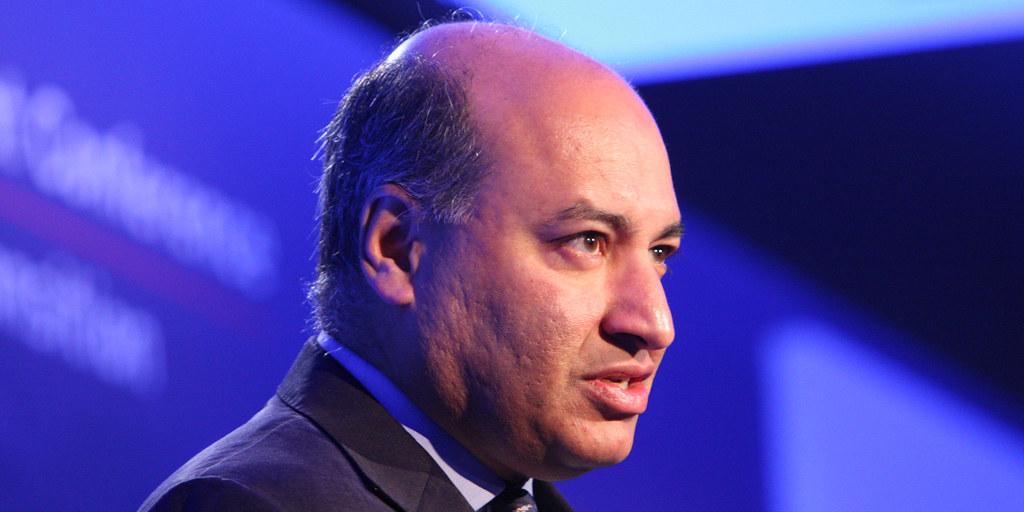Nigeria : Telecoms operators add 8.9m subscribers to network in H1
- 22 July 2022 / News / 446 / Fares RAHAHLIA

•Broadband penetration hits 44.3% as teledensity climbs to 108%
For the first half of the year, telecommunications operators added 8.9 million subscribers to the country’s network.
Apparently, the 8.9 million subscribers consisted of new users and those, whose telephone lines were barred in April, who has been unbarred. The new figure was arrived at from the latest subscription figure, the June edition, which was released by the Nigerian Communications Commission (NCC), yesterday.
Recall that in April, the Federal Government ordered telecom operators to bar outgoing calls on all unlinked Subscriber Identification Modules (SIM) cards in the country.
The Minister of Communications and Digital Economy, Prof. Isah Pantami gave the directive, following the deadline handed Nigerians to link their National Identification Number (NIN) to their SIMs, which ended on March 31, after about eight times of postponing it. The directive of the FG led to the barring of about 75 million telephone lines.
However, recognising the fact that every single line blocked would amount to revenue loss, the telcos deviced means targeted at wooing back the affected subscribers. Airtel, Globacom and MTN wooed affected subscribers by offering them a free N20, 000 airtime bonus if they linked their SIMs to the NIN database.
“Once subscribers link their NIN to their SIMS, they will get an N20,000 bonus, which can be used to call, browse and text on the network,” one of the operators stated.
In the latest statistics, teledensity moved from 103.4 per cent in January to 108.15 per cent as of June end. Telephone density or teledensity is the number of telephone connections for every hundred individuals living within an area. It varies widely across the nations and also between urban and rural areas within a country. Telephone density has a significant correlation with the per capita GDP of the area.
In January, the country had 197.5 million subscribers; 198.1 million in February; 199.6 million in March; 201.7 million in April; 2014.6 million in May and 206.4 million in June. The country’s telephone density increased within the six months from 103.4 per cent to 108.1 per cent by half of the year.
Further analysis of the data showed that broadband service operators ended the half year with 5.2 million users as subscriptions moved from 79.4 million in January to 84.6 million by June, deepening the country’s penetration to 44.3 per cent.
Internet penetration moved from 143.5 million in January to 151 million by June. Specifically, MTN increased its data users by adding 4.2 million. In January, MTN had 59.6 million users and rose to 63.4 million; Glo garnered 332,083 users, moving from 39.5 million in January to 39.9 million in June.
Airtel also saw an increase in data usage, adding 3.4 million. The network moved from 38.3 million in January to 41.7 million in June. 9mobile lost some 502,144 users within the first half of the year. It dropped from 5.7 million to 5.23 million by June.
Largely, MTN maintained its leadership of the industry with 79 million subscribers and 38.36 per cent penetration of the country. Airtel is second with 58.1 million users and 28.21 per cent penetration; followed by Globacom with 56.2 million customers and 27.28 per cent penetration. 9mobile maintained its fourth position with a 6.14 per cent market reach and 12.6 million customers.
source: guardian.ng
 English
English
 français
français
 العربية
العربية







